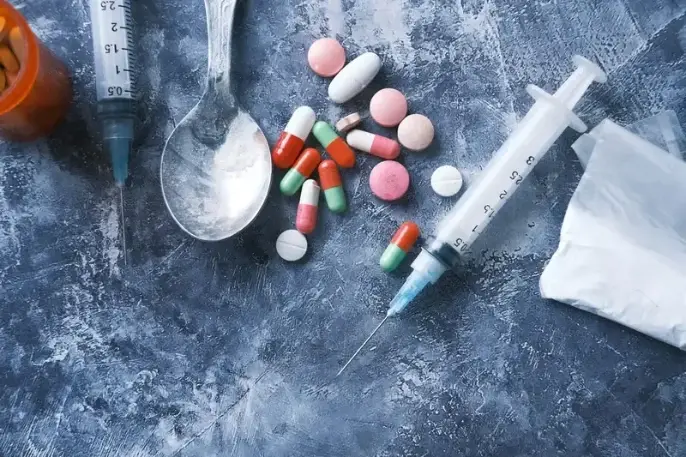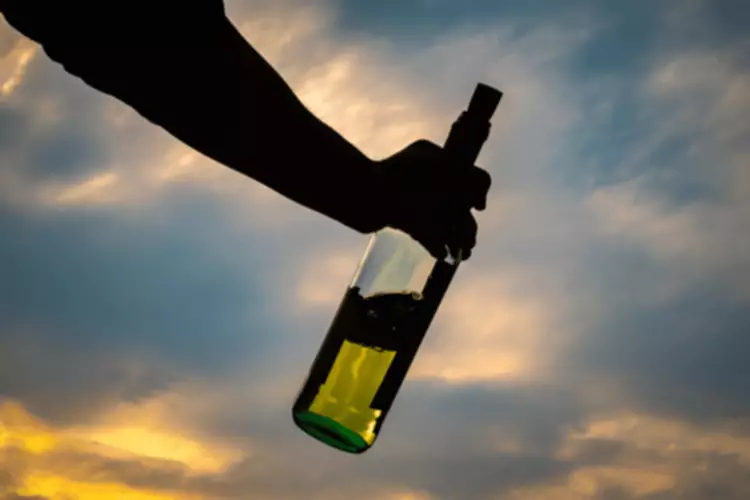
This can help encourage you to develop coping strategies. People are at risk of relapse if exposed to different risk factors. Relapse occurs when a person returns to substance use after abstaining for a certain period. If you feel like you or a loved one is on the verge of relapsing, contact a https://ecosoberhouse.com/ treatment provider today to explore your rehab options. Breaking old patterns of substance use should be the motivator for long-term recovery.

Understanding Peak Relapse Times: Why Do People Relapse?
Still Behavioral Health Group is available 24/7 to discuss your treatment options. Their representatives will discuss whether their facility may be an option for you. These calls are offered at no cost to you and with no obligation to enter into treatment. Relapse prevention plans should be easily accessible and realistic. A relapse prevention plan can be a list of reminders written on a note or mobile app.
- Many health professionals view relapse as a process instead of a sudden event.
- Relapse is a normal part of recovery from addiction to alcohol or other drugs.
Monitor the Triggers
It’s any thoughts, feelings, situations or relationships that lead you to relapse. It could be as straightforward as finding old drugs/alcohol in your house or dealing with a life crisis (like losing your job or death in the family). It could also be feelings like boredom, anger, loneliness or relationship conflict. You need to have a good understanding of your specific triggers to prevent them from causing another a slip in the future. While relapse is sometimes expected, it should still be taken seriously.
Living a Life in Recovery
Health professionals should help people in this stage acquire critical coping skills. This includes the ability to recognize high-risk situations and avoid substance use. People in this stage should learn to recognize and avoid high-risk situations.
This might include your job, your family, your social life, and even your physical health. The goal of rehab is alcoholism treatment not just to heal your mind; it also aims to empower you to make big changes to the structures around you. You’ll have to reexamine the way you relate to the world, and take steps to make your life more sustainable. With every positive change, you’ll build momentum. If you relapse, remind yourself how far you’ve already come.

When these people offer advice, suggestions, or guidance, it is important to follow it. Looking for an easy way out will only keep you on the path to relapsing. If a relapse occurs, it’s important to accept what has happened and not give up on recovery.
Overall response rate in the 87 patients receiving 0.8 mg/kg biweekly was 73.6% and median duration of response was not estimable. An estimated 85% of responders maintained response for at least 9 months. Efficacy was evaluated in MMY1001, a single-arm, open-label, multicenter study that included 187 patients who had previously received at least four prior systemic therapies.
Life After Relapse — How to Bounce Back and Start Over
- I’m working on it and don’t want you to take it personally or as a rejection.
- We are in the process of updating FDA.gov content to reflect these changes.
- During the acute withdrawal phase, the body is physically detoxifying from the substance.
- When you make the choice to get sober, you turn off the facet, but the house is still suffering water damage.
- Some people attend support groups for their entire lives and find happiness in supporting others trying to overcome addiction.
The body will always adjust and that adjustment will force you to face it one way or another. And that is EXACTLY what is happening to you the day after you drink. Now you’re searching on the internet for ways to piece your life back together.
Why Do People Relapse?

Our drug and alcohol rehab center in Tucson, AR, can help you or a loved one prevent a relapse. When a person regularly uses a substance, they develop a tolerance. This means they need to use more to get the effect they got initially. By not using during treatment and recovery, their tolerance decreases.
How To Detox After A Relapse
People in recovery from addiction may relapse for several reasons. Old memories can trigger intense cravings for the substance of abuse. People i relapsed with unhealthy coping habits may believe that using alcohol or other drugs is the only way to relieve stress. Restoring normal brain function is difficult, which is why many people relapse during recovery.